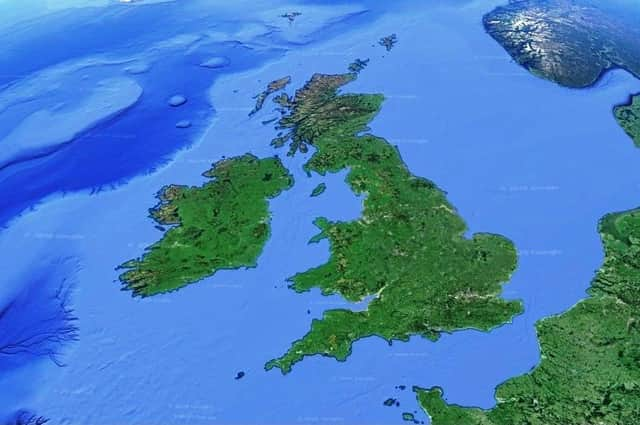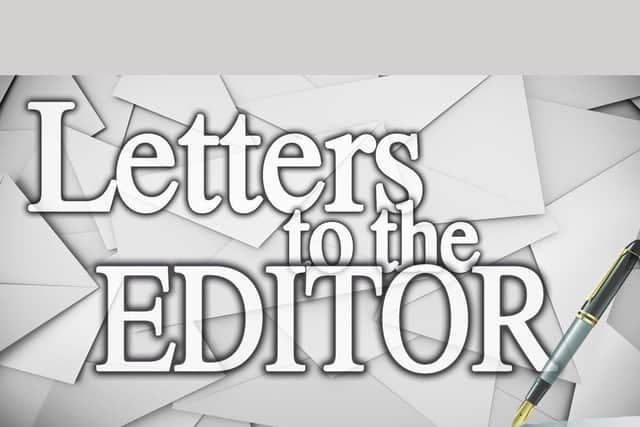Letter: Yes to a united Ireland, but one that is in the United Kingdom


The Irish prime minister Leo Varadkar's recent musings on the prospects of a united Ireland in his lifetime have raised predictable responses from the various pro-Union political parties in Ulster.
Once again we have situation where a prominent Irish politician makes quasi-aggressive remarks about Ulster's position in the United Kingdom and these are countered by defensive-reactive arguments by political unionism.
Advertisement
Hide AdAdvertisement
Hide AdWhat many unionists fail to grasp is that during the intervening century since the unnecessary partition of the British Isles arguments for and against the Union have been allowed to proceed to an agenda controlled by outdated Irish nationalism.


The arguments sparked by Mr Varadkar's most recent provocations follow a typical pattern. Both sides make the assumption that the ‘Island of Ireland’ has been partitioned and ignore the true situation that it is the British Isles that have been sundered.
The British Isles, excluding the Faeroe Islands, have been a natural cultural and geographical entity for centuries. The unfortunate secession of part of these islands in 1921 was a result of a particularly vicious form of 19th and early 20th century militaristic European nationalism talking a strong hold on some sections of Irish society.
Since then the Irish Republic has proved itself to be a a heavy brake on progress and development of the British Isles.
Advertisement
Hide AdAdvertisement
Hide AdFar from attacking this unacceptable position many political unionists react only defensively.
It is unacceptable in the 21st century that the leader at of the largest unionist party in Ulster urges unionists of widely divergent political beliefs to once again cast their principles aside to unite against Sinn Fein. Such tactics only serve to hand control of the political agenda to Sinn Fein while stifling political development in Ulster.
Unionism must become proactive. Constant pressure must be put on our own faltering UK government to push strongly for a reunification of the British Isles. I too wish to see a united Ireland in my lifetime but, unlike Leo Varadkar, I wish to see a united Ireland in a United Kingdom.
Alan Love, Lisburn